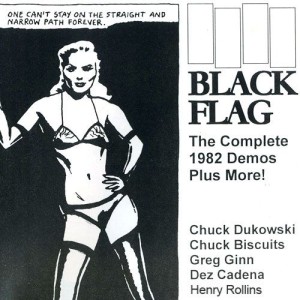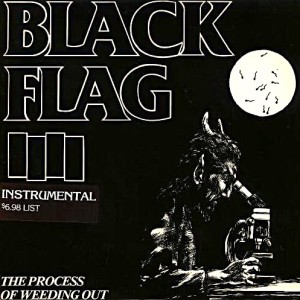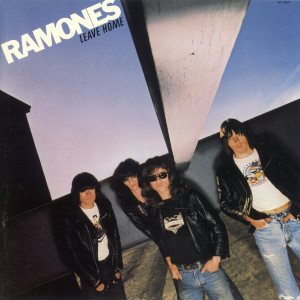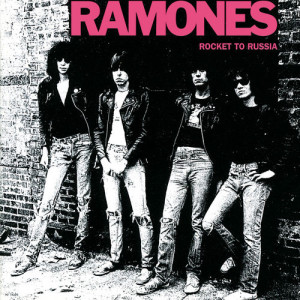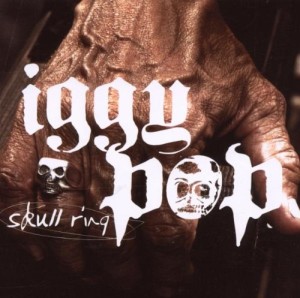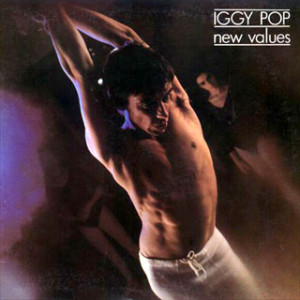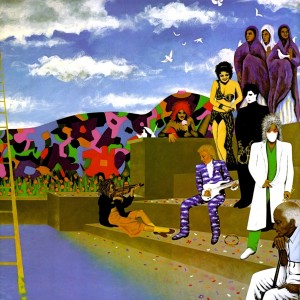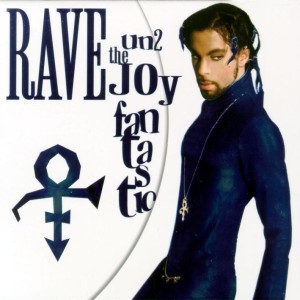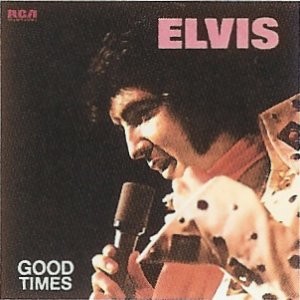
Ramones – Rocket to Russia Sire SR 6042 (1977)
Rocket to Russia was the Ramones album the group was most proud of. Maybe it was the band hitting a special groove in the studio. Maybe it was key that it was the album that hit in ’77, when the whole “punk” thing exploded. Maybe the band was pissed off at each other to just the right degree. Or maybe it’s something unspeakable. Rocket to Russia is a sleek blast of New York City. It doesn’t define the entire city (let’s be real here) but it beats as one with the city’s heartbeat. It’s one unforgettable statement that embodies why The Ramones “didn’t care” and “don’t want to” as so many of their songs proclaimed.
The Ramones were art rockers at bottom. That wasn’t a limitation in the slightest. Their willingness to admit the vileness of their lives — even when drenched in irony — was of such an honest character that made them unassailably great. They weren’t particularly vengeful but were malcontents in the sense of being unsatisfied. They did not wish ill of anyone. They instead sought to preserve individualism and healthy alternatives (that is, if sniffing glue can be considered healthy). It is entirely unsurprising that “Teenage Lobotomy” follows “We’re A Happy Family.” The Ramones declare they were casualties long ago. Yet they remain unafraid to sing about it.
The album holds the definitive version of “Sheena Is a Punk Rocker.” Ramones songs never had many words; a necessity almost for songs under two minutes. They still say it all. If the necessity for the punk attitude ever could be described in less than thirty words it would have to be: “But she just couldn’t stay/ She had to break away/ Well New York City really has it all/ Oh yeah, oh yeah/ Sheena is a punk rocker…now.”
“Here Today, Gone Tomorrow” is a great Joey Ramone song, and a surprisingly slow song for the group. It isn’t their typical wall of noise. Joey gets to showcase his thick NYC accent to the point of perversity. His lyrics are as sharp as they ever were as well. “Teenage Lobotomy” attacks intellectual inbreeding and adolescent brainwashing with the dashing posture of these efficient rebels. All the songs are great. If there is a reason that Rocket To Russia is the Ramones’ most likable album is that it captures the multifaceted talents of the band so often overlooked. It matches varied material with consistent quality.
One problem with the debut albums of both the Ramones and Blondie was the tendency to cram them into “new” girl group records and not to accept them on their own terms. Once the Ramones had some momentum, their third album Rocket to Russia was finally able to sound like an album from a punk band. Maybe a punk band influenced by old 60s girl groups, but a band that came from a distinctly different set of circumstances.
The Ramones stripped rock ‘n’ roll to its bones: everything you needed and nothing you didn’t. The most surprising aspect of the group was how they prove rock ‘n’ roll is the sound of rebellion. The New York Dolls had the bubblegum girl group style blended with loud, dirty guitars but the Ramones were minimalists (there is an overlap between fans of composers like Phillip Glass and The Ramones). The Ramones abandoned all the excess and what was left scared a lot of people. Those in the know recognized the glory of three chords and an attitude. Even though by ’77 “rock and roll” was something you could hear on the radio even during the day, it remained something misunderstood. Having a clear vision of what rock ‘n’ roll means was what made The Ramones great. A band that was nothing but rock ‘n’ roll is rare. No one dared to do it with as much calculated indifference.
Neither during nor after The Ramones existence did they achieve that much more than cult celebrity. Whether you begin assuming The Ramones are a great band and deduce their honesty as artists or the reverse, the conclusion is the same. It’s only the simpleminded who seem unappreciative of The Ramones — the greatest irony for a band that projects a demeanor of simpleminded dropouts.

